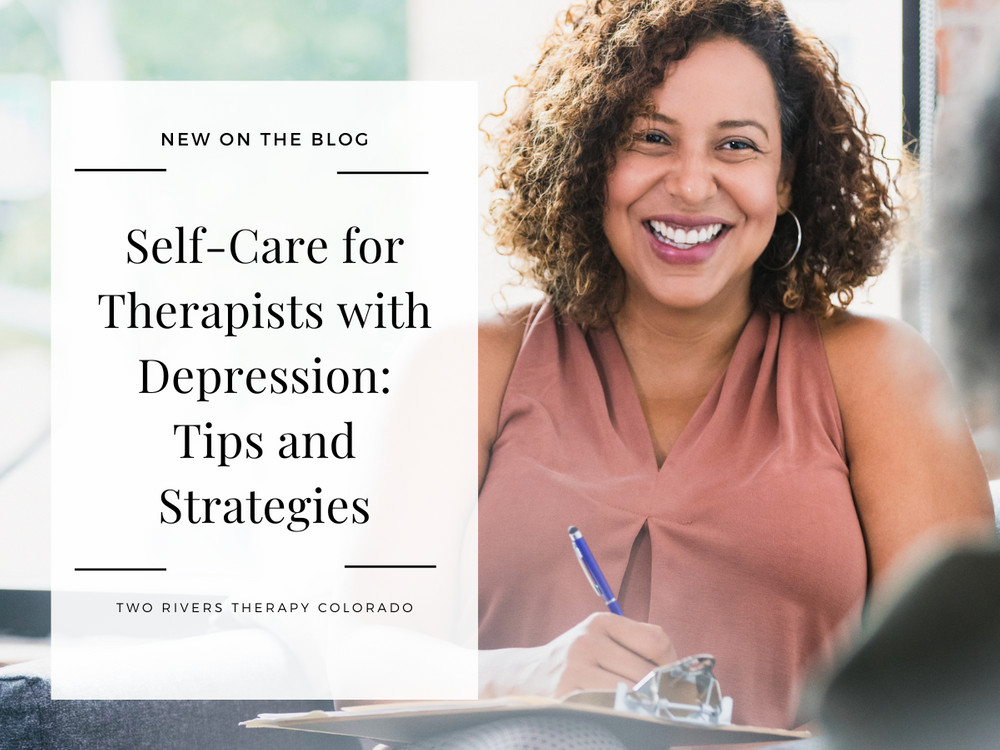It is very common for people with substance dependency to feel shameful and guilty. After initiating the journey of addiction treatment, these feelings often make one think about the things they did while in active addiction. This can easily lead to relapse if left misunderstood and unheeded as one dwells on the feeling of guilt…
There are numerous reasons why someone might seek therapy, as it can be beneficial for individuals facing a wide range of challenges. Here are my Top 10 best reasons to consider counseling: 1. Mental Health Concerns: Counseling provides a safe and supportive space for individuals dealing with mental health conditions such as depression, anxiety, bipolar…
Figuring out what type of mental health professional is best to help treat mental health conditions can be confusing and daunting. What is the difference between a therapist vs psychiatrist? How do you know if you need medication or therapy? In the world of mental health care, therapists and psychiatrists play vital roles. Both professionals…
Whether you call it Alcohol Use Disorder, alcohol abuse, excessive drinking, alcoholism, or alcohol addiction, heavy drinking of alcohol is a widespread issue that permeates the globe and affects individuals from all walks of life. According to a 2021 Substance Abuse and Mental Health Administration (SAMHSA) report, 16.3 million people aged 12 and older reported…
It may sound silly (and a bit cliche), but you’re not alone in being lonely. Most of us know what it feels like to miss someone—the heaviness, longing, and desperation that accompany thoughts of the beloved person. But for many, missing someone leads to a profound sense of social isolation and loneliness, regardless of whether…
It can be challenging to navigate the pressures and expectations of society while staying true to yourself. With social media, advertisements, and the constant comparison to others, it’s easy to feel like you’re not measuring up or living the life you “should” be living. That’s why it’s essential to find your path and embrace authenticity….
As mental health professionals, therapists are often focused on caring for others, but it’s equally important for therapists to prioritize self-care, especially when dealing with depression. Depression among therapists is a prevalent issue that can impact their professional and personal lives. This article will provide tips and strategies for self-care specifically tailored to therapists with…
So you’ve decided you want help. More specifically, you know you want to talk to a therapist. Or a counselor. What’s the difference, you ask? Well, it depends on who you ask, or what site you look on, but generally speaking, a therapist is someone who is trained to do in-depth work in a particular…
Welcome to your mini course on mindfulness basics: where it came from, how it’s taught, and how you can implement it into your life. First off, what is mindfulness? It can be most simply defined as awareness of the present moment, non-judgmentally. It is a skill that needs to be practiced just like anything else,…
Throughout my clinical experience, I’ve noticed that a common issue that many people struggle with is saying “yes” when they actually mean “no,” otherwise known as people-pleasing. I’ve found this to be true for those who experienced severe and obvious child abuse, but also those with more subtle forms of unmet emotional needs or unhealthy role…








